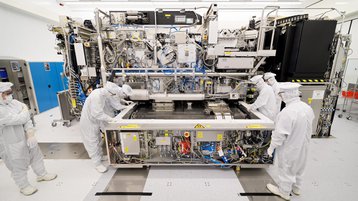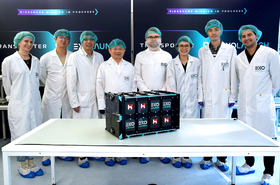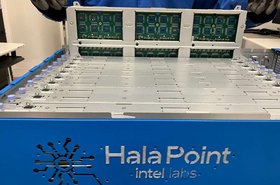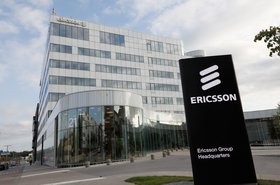The Dutch government is set to agree with US demands that Netherlands-based lithography company ASML should stop servicing some equipment it has sold to Chinese customers.
According to a report by Reuters, the Dutch government will be slow to approve Chinese maintenance requests however, Prime Minister Mark Rutte is reluctant to agree to a blanket ban.
ASML has been at the center of the US government’s ongoing trade war with China, with the Dutch government increasingly succumbing to pressure from the Biden administration to block exports of ASML products to China.
First, it banned ASML from selling its most advanced equipment to China, and then in January 2024, it revoked an export license to stop the shipment of two older lithography machines to Chinese customers.
In late March, the US government announced it would start asking its allies to stop their domestic semiconductor companies from servicing chipmaking tools for Chinese customers.
ASML is the global sole supplier of extreme ultraviolet lithography (EUV) photolithography machines that are needed to make the most advanced 3nm and 5nm chips. Based in the Eindhoven suburb of Veldhoven, Netherlands, ASML is both the country’s and Europe’s most valuable tech company.
Prime Minister Rutte discussed ASML when he met Chinese President Xi Jinping in Beijing last week. However, speaking to media after the meeting, Reuters reported that Rutte declined to directly answer whether his government will deny ASML licenses to Chinese customers.
In March, alarm bells were raised within the Dutch government after ASML’s CEO Peter Wennink publicly complained that the government had failed to invest in improving infrastructure in Eindhoven. The company also criticized a number of policies the government was pursuing, including plans to end tax breaks for skilled migrants which would make it harder for the company to hire staff.
In order to mitigate the concerns that ASML might look for a new home outside the Netherlands, last week, the Dutch government announced a €2.5 billion ($2.7 billion) investment package dubbed ‘Project Beethoven’ in the region of Eindhoven to improve housing, education, and transport routes, in addition to dealing with electric grid capacity shortages in the suburb.







